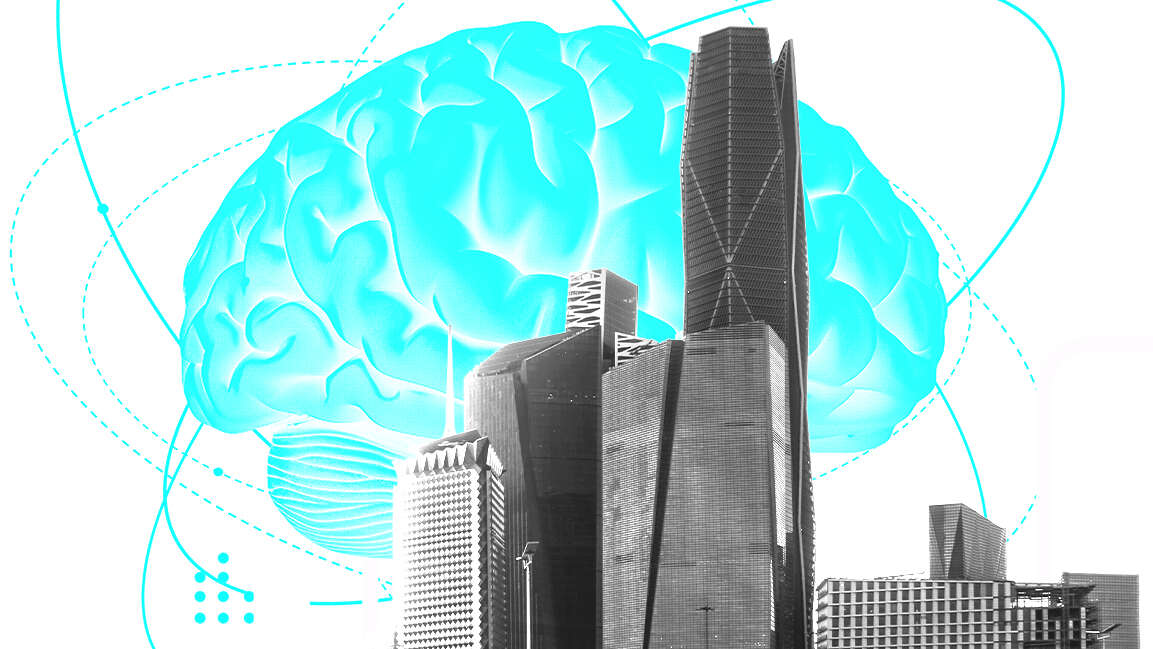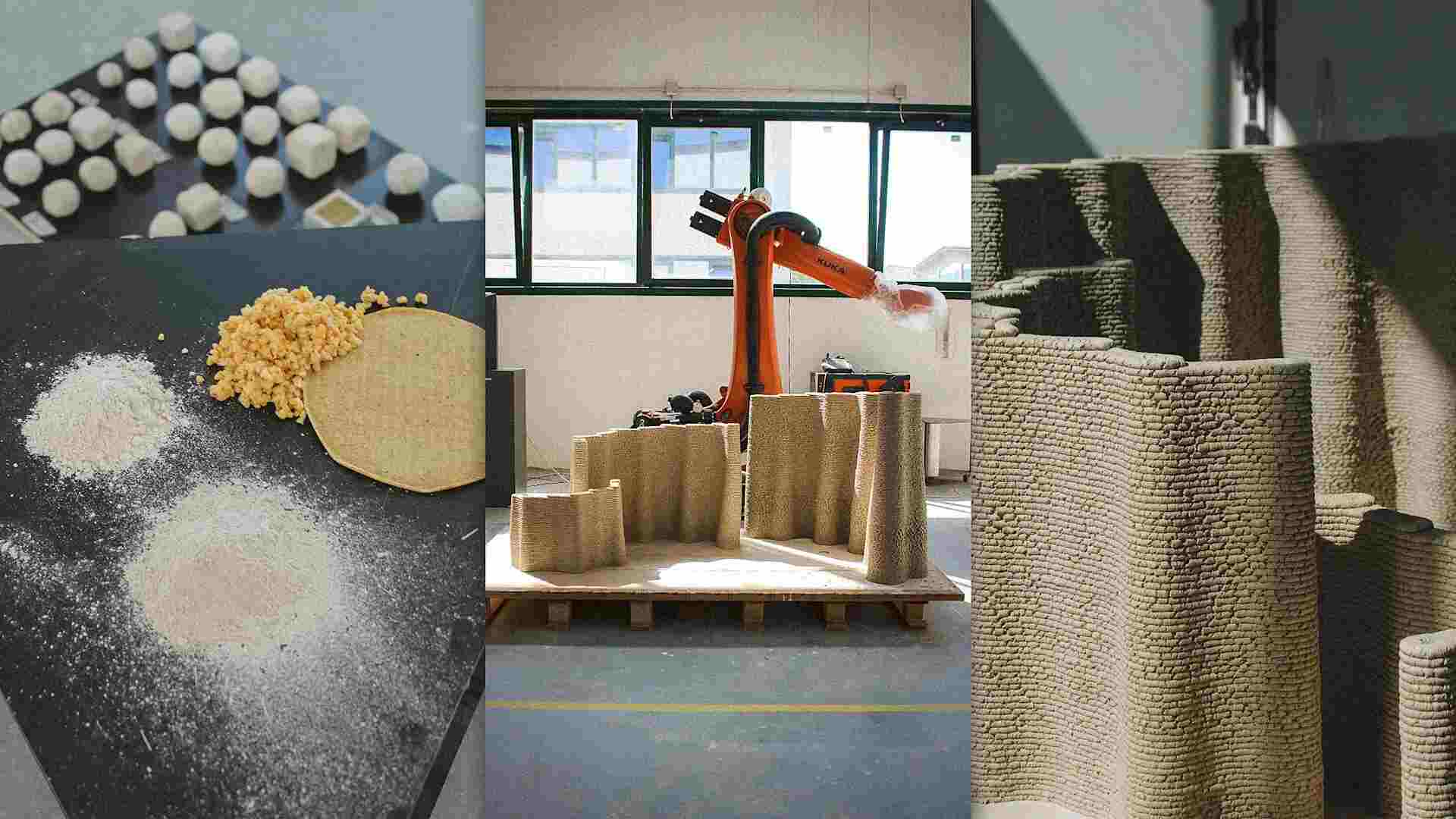- | 12:00 pm
AI to drive 8.2% of Qatar’s GDP by 2030
AI will contribute around $15.7 trillion to the global economy, with $320 billion dedicated to the Middle East region by the end of the decade

Artificial Intelligence (AI) is rapidly advancing. From autonomous vehicles to virtual assistants, AI is transforming industries and our daily lives, with the potential for profound societal impact.
This AI revolution is all set to make noteworthy contributions to Qatar’s GDP, accounting for approximately 8.2% of its overall economic output by 2030.
Underscoring the transformative nature of AI, Lana Khalaf, the General Manager of Microsoft Qatar, disclosed the statistics during a recent session.
Khalaf said, “It is projected that in the absence of the full influence of generative AI that we witness today, there will be a $15.7 trillion contribution to the global economy, with $320 billion dedicated to the Middle East region. Notably, the adoption and transformation of AI are expected to have an 8.2% effect on Qatar’s GDP.”
“We are cognizant of the impact of AI on the economy, employment, individuals, industries, and our daily lives. And why is that? We observe the influence of technology on GDP. AI will expedite this progress significantly and become a key catalyst for economic growth.”
A study entitled Influence of Artificial Intelligence on Qatar’s Labor Market, conducted by the Qatar Computing Research Institute at Hamad bin Khalifa University, corroborated these projections. The report highlights Qatar’s distinctive position in supporting the AI revolution.
“For Qatar, a future founded on AI technology can be a windfall. Many countries are cautious about embracing AI technology extensively due to the potential displacement of a large workforce, which may lead to increased initial costs for upskilling workers and potentially cause social disruption”, states the study.
It adds, “In Qatar, 95% of the workforce consists of an expatriate population with a high turnover rate. The feared trade-off between economic growth and income inequality stemming from AI is unlikely to be applicable in Qatar.”
Khalaf highlighted the transformative potential of AI, noting that the transition from digital to AI is indispensable and how the advancement of supercomputers and the integration of AI innovations into Qatar’s data centers have made large language models widely accessible, enabling organizations to utilize AI more effectively.































